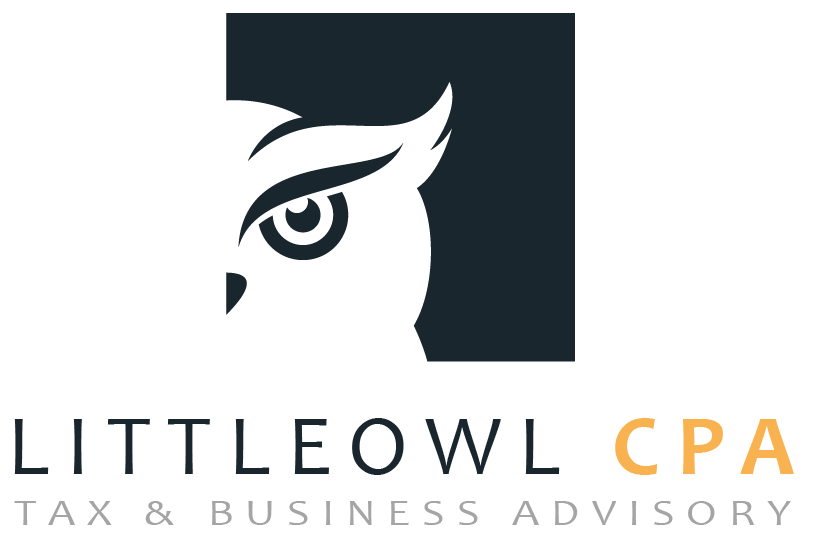Tax season is here! It’s important to start preparing now and to know your deadlines to ensure a smooth and stress-free filing process in the months ahead.
Know Your Deadlines
It’s important to be aware of the various tax deadlines that apply to you and/or your business. Missing a deadline can result in penalties and added stress, so it’s crucial to stay on top of these important dates. Here are a few key tax deadlines to keep in mind:
- January 31st: This is the deadline for filing 1099-NEC forms for any non-employee compensation you paid out in the previous tax year. This includes payments to freelancers, contractors, and other independent workers.
- March 15th: This the deadline for filing your business tax return for Partnerships, S-Corporations and LLCs taxed as a Partnership or S-Corporation.
- April 15th: This is the deadline for filing your personal tax return, as well as the deadline for making any estimated tax payments for the current tax year.
- September 15th: This is the deadline for filing an extension for your personal tax return, as well as the deadline for making any remaining estimated tax payments for the current tax year.
- October 15th: If you’ve filed an extension for your personal tax return, this is the final deadline for submitting your return.
These are just a few of the many tax deadlines that may apply to your business. Make sure to stay informed and seek out the guidance of a tax expert if you have any questions or concerns. By staying on top of these deadlines, you can avoid any potential penalties and make tax season a little less stressful.
Prepare Your Documents
Here are a few steps you can take to get ready:
1. Gather your financial documents. Start collecting all the necessary documents, such as income statements and deduction details, that you’ll need to complete your tax return. Make sure to keep these documents organized and in a safe place for easy access.
2. Understand the tax deductions available to you. There are a number of tax deductions available to small businesses, such as the home office deduction and the business use of your vehicle. Make sure you’re aware of all the deductions you’re entitled to and have the necessary documentation to support them.
3. Review your tax withholding. Make sure you’re not over- or underpaying taxes by reviewing your tax withholding annually. This will help you avoid any tax surprises when you file your return.
4. Consider hiring a tax expert. If the thought of completing your tax return fills you with dread, consider hiring a tax expert to help you navigate the process. A tax expert can provide expert advice and ensure your return is completed accurately and efficiently.
Overall, proper preparation is key to a smooth tax season. By staying organized and understanding your options, you’ll be able to file your taxes with confidence and focus on what you do best.

About Tabitha Regan
Tabitha Regan is the Founder and CEO of LittleOwl CPA. She is a Certified Public Accountant, Certified Financial Planner™ and Personal Financial Specialist. In her 16+ year career span, she has developed an expertise in the specific needs of small businesses and busy professionals with accounting, tax and advisory services.


